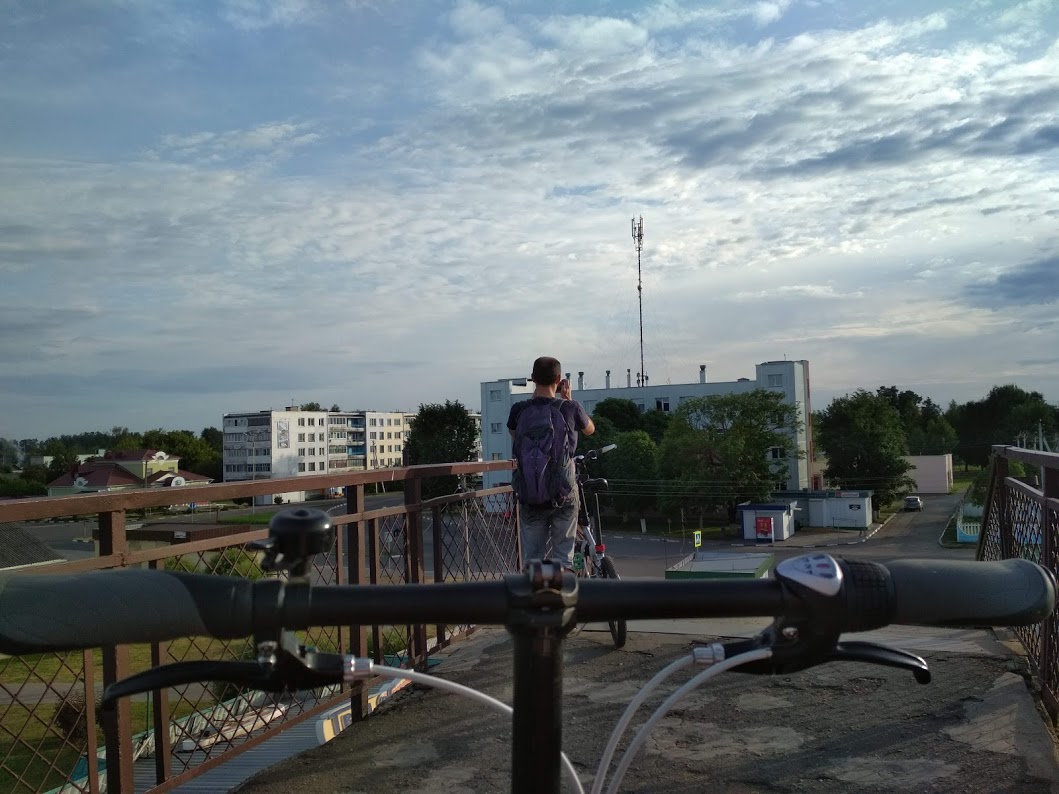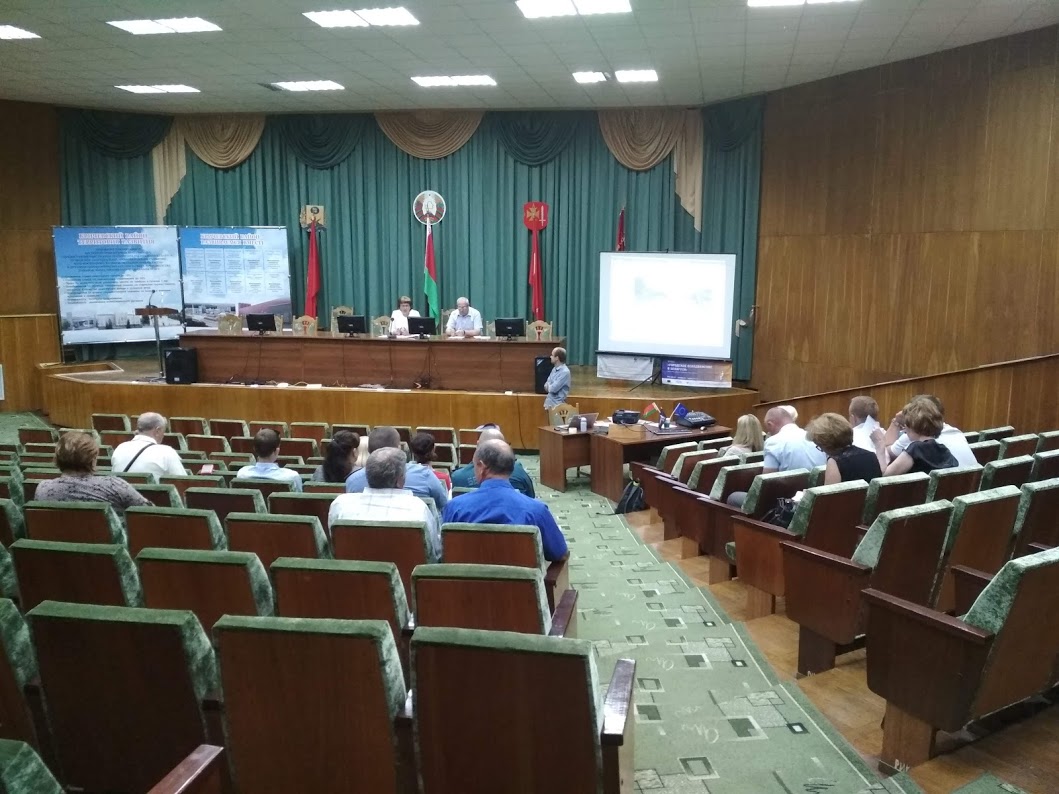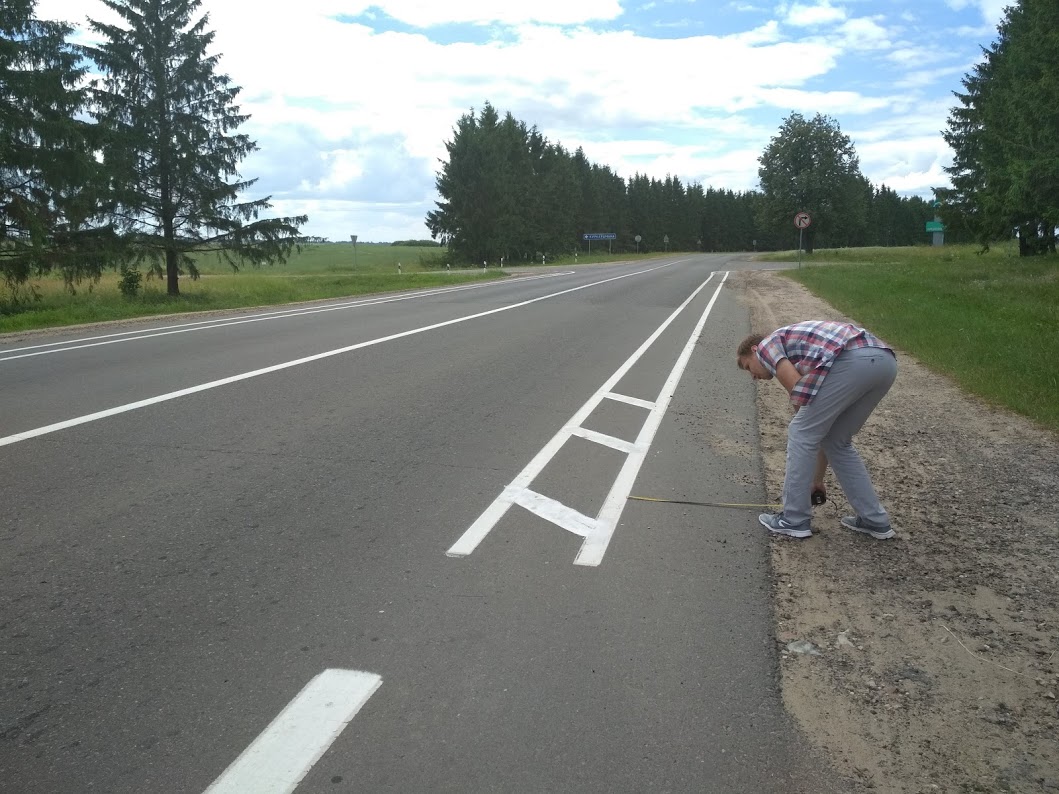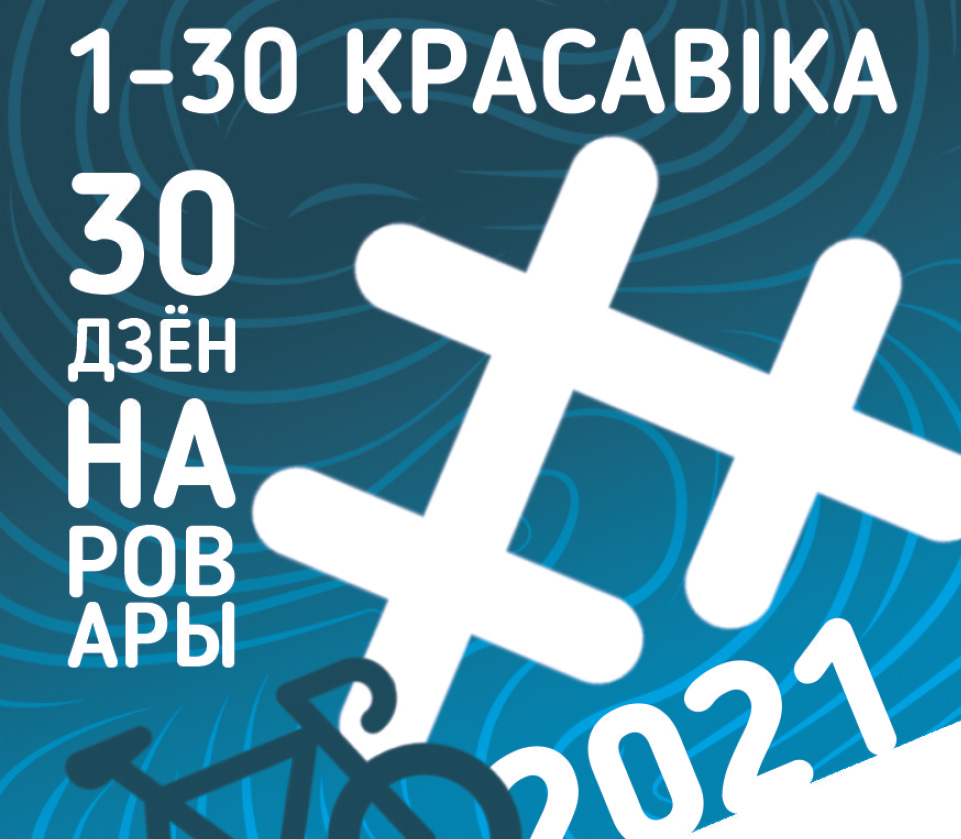Since the beginning of May, experts from the Moscow Military District, together with their Belarusian and Ukrainian colleagues, have conducted bicycle monitoring in 7 cities of Belarus: Mogilev, Mostakh, Chausy, Slonim, Bykhov, Krichev and Soligorsk. The list includes cities whose executive authorities and bicycle activists have shown initiative and interest in such an opportunity.
Since the beginning of May, experts from the Moscow Military District, together with their Belarusian and Ukrainian colleagues, have conducted bicycle monitoring in 7 cities of Belarus: Mogilev, Mostakh, Chausy, Slonim, Bykhov, Krichev and Soligorsk. The list includes cities whose executive authorities and bicycle activists have shown initiative and interest in such an opportunity.
The purpose of the survey is to find out how well cycling is, what problems there are, determine the order of their solution, compile a list of streets where cycling infrastructure needs to be created in the future, and, in general, help cities draw up an action plan.

A Concept for the Development of Cycling in the Central Part of the City will be developed for Mogilev. For Soligorsk, a draft bike path has been drawn up. Comprehensive surveys were carried out in other cities. Reports for all cities will be ready by the end of July. In the near future, reports from experts on Slonim and Chaus will appear on the website https://rovar.info/. Also, the results of the survey will be announced to the city authorities and publicly presented to its residents.
The working group includes experts from the Minsk Cycling Society Pavel Gorbunov and Maksim Puchinsky, representative of ETS-Consult Pavel Astapenya, the team of the Research Center for Road Traffic (based on the automotive faculty of BNTU) under the leadership of Vasily Kuzmenko and project coordinator of the Ukrainian cycling organization Ucycle Yekaterina Shulga. Experts collaborate with local activists and city officials.

In cities, specialists organize working meetings in executive committees, conduct field studies of infrastructure, and measure traffic intensity. After that, a draft of the proposed changes is created. Experts are trying to select the most inexpensive ways to create infrastructure without global reconstruction. First of all, by changing the markup.
Further - everything is in the hands of the city authorities. They can make a creation clause
bike infrastructure to the budget for next year or apply for a grant.

Expert work is carried out with the financial support of the European Union within the framework of the Urban Cycling in Belarus project and the Global Environmental Fund within the Development of Cycling in the Regions of Belarus project.







